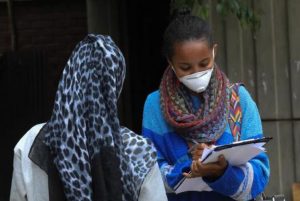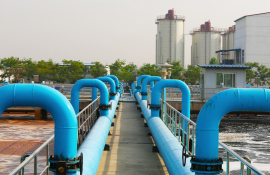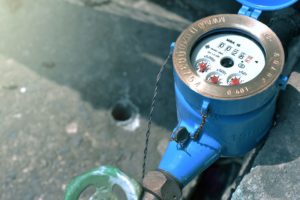Public-Private Partnerships and the risk of corruption in the water sector
“When examining the relationship between integrity and PPPs it is clear that there are potential opportunities with the use of PPPs, but there are also significant risks. The public authority tasked with oversight of the PPP needs to have sufficient capacity to monitor and regulate all aspects of its implementation, ensuring that maximum value for money is being obtained for the tariffs being collected.”
Lesson learned
When examining the relationship between integrity and PPPs it is clear that there are potential opportunities with the use of PPPs, but there are also significant risks.
The public authority tasked with oversight of the PPP needs to have sufficient capacity to monitor and regulate all aspects of its implementation, ensuring that maximum value for money is being obtained for the tariffs being collected.
In the absence of such a regulatory function being performed by the public authority there is the real risk that the operational and financial terms of the PPP will favour the private company at the expense of the population being served.
The quality of the process, from project initiation, throughout the life cycle, including the long-term operation, is critical.
Continuous and robust mechanisms for external evaluation and audit, combined with accountability mechanisms to the citizens constitute key elements to reduce the corruption risks and maximize the potential benefits of PPPs.
Citation
This paper has been authored by Pilar Avello with contributions from Elizabeth A. Yaari, James Leten, Alejandro Jimenez and Anton Earle from SIWI and Camilo Cetina, Executive Principal from CAF – Development Bank of Latin America.



